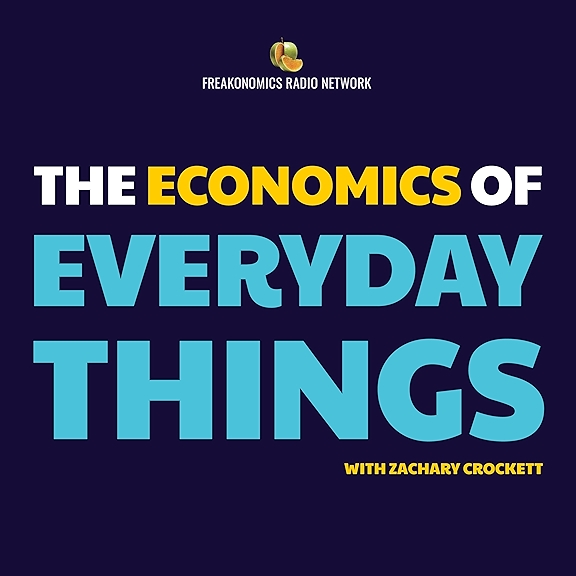
#117: Bootstrapped to 9 Figure Exit in Online Education for Real Estate - Michael McAllister
Michael McAllister is the founder and former CEO of The CE Shop, the leading provider of pre-licensing and continuing education for real estate professionals in the U.S. Michael started The CE Shop in 2005 by distributing existing training materials from a continuing education provider. They quickly created their own online education solution and proceeded to expand with specific content and compliance elements for each state.
The CE Shop grew steadily without outside funding for 15 years by building a 5-star team, adding partner channels, expanding to new states, and providing more content for the pre-licensing of new real estate agents. The company grew to over 130 employees and expanded faster during COVID.
Michael successfully sold the company to private equity investors in 2020 for a “9-figure exit,” meaning more than $100 million, to Waud Capital. On this podcast, Michael shares the realities of their growth journey, including their special emphasis on culture, people, and practical expansion as a bootstrapped technology business.
Podcast Sponsor – Cypress Growth Capital
This week’s podcast is sponsored by my friends at Cypress Growth Capital. For 15 years, Cypress has provided non-dilutive growth funding to bootstrapped SaaS founders, including many successful founders I’ve interviewed here on this podcast.
Quote from Michael McAllister, Founder of the CE Shop
“When founders sell their companies, I'd suggest they need to do it when they hold all the cards. During our first experience with a serious potential buyer, we asked for a lot of information about their business. It was reverse due diligence since I’d be the biggest private investor in their company.
“We were two weeks before closing, and I called our banker and said, this is really frustrating that we’re asking for all this information and not getting it back. Unless we do, we may need to pull the plug on this deal. We held all the cards. We had a great business. We didn’t need to sell like we were completely in the driver’s seat.
“It was really difficult but we decided to pull the plug on the deal. The biggest thing was that there was a real mismatch in core values. Our core values were foundational to who we were and who we are as a company. One of them was doing what we said we’d do. And it was a $100 million question. It was a big deal.“
Links
- Michael McAllister on LinkedIn
- The CE Shop on LinkedIn
- The CE Shop website
- Waud Capital website (acquirer)
The Practical Founders Podcast
Tune into the Practical Founders Podcast for weekly in-depth interviews with founders who have built valuable software companies without big funding. Subscribe to the Practical Founders Podcast using your favorite podcast app.
Get the weekly Practical Founders newsletter and podcast updates at practicalfounders.com.




















